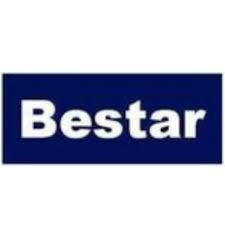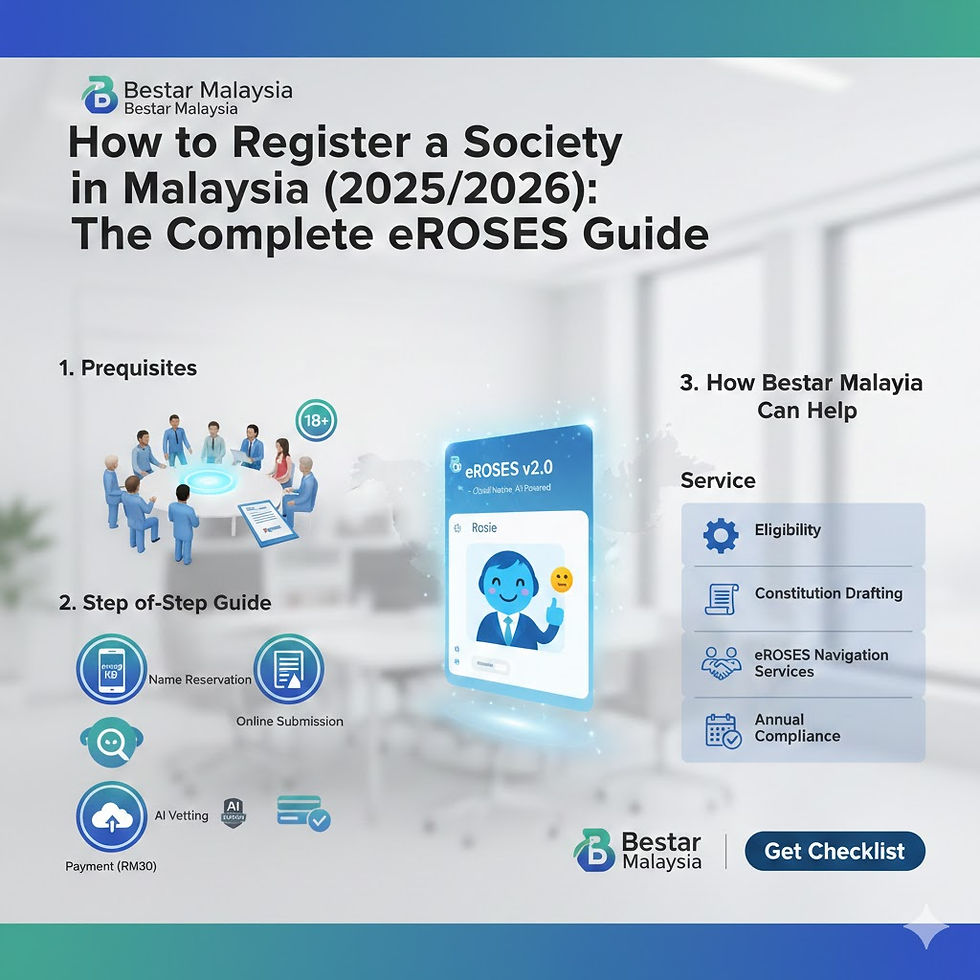Malaysian Certificate of Origin
- Roger Pay
- May 6, 2025
- 5 min read
Malaysian Certificate of Origin Details
A Certificate of Origin (CO) is a crucial international trade document that verifies the country where goods were produced, manufactured, or processed. In Malaysia, it serves as proof of origin for customs and trade purposes, ensuring compliance with international trade regulations and potentially granting access to preferential tariff rates under Free Trade Agreements (FTAs).
There are two main types of Certificates of Origin in Malaysia:
Preferential Certificate of Origin (PCO): This type of CO is used for goods that qualify for reduced or zero tariffs under specific trade agreements, such as the ASEAN Free Trade Area (AFTA) or the Malaysia-China Free Trade Agreement (FTA).
Non-Preferential Certificate of Origin (NPCO): This CO certifies the origin of goods that do not qualify for preferential treatment under any trade agreement. It's used for general customs clearance, adherence to import regulations, or contractual obligations.
Importance of Certificate of Origin:
Customs Compliance: Customs authorities worldwide require a CO to verify the origin of imported goods, ensuring adherence to trade rules and preventing fraud.
Trade Agreement Benefits: COs are essential for businesses to take advantage of preferential tariff rates, duty exemptions, or quota benefits offered under various FTAs.
Brand Enhancement: A CO adds legitimacy and authenticity to exported goods, assuring buyers of their quality and origin, which can enhance a Malaysian company's international reputation.
Obtaining a Certificate of Origin in Malaysia:
Historically, the Malaysian International Chamber of Commerce and Industry (MICCI) was authorized by the Ministry of International Trade & Industry (MITI) to issue Non-Preferential Certificates of Origin for goods exported to any country.
However, effective May 6, 2025, the Ministry of Investment, Trade and Industry (MITI) has become the sole issuer of non-preferential certificates of origin for exports to the United States. This measure aims to curb potential transshipment practices.
For Preferential Certificates of Origin (PCO), Malaysian exporters can apply directly through the Ministry of Investment, Trade and Industry (MITI).
Other authorized bodies, such as the Federation of Malaysian Manufacturers (FMM) and the ASEAN Chamber of Commerce & Industry (ACCI), may also issue Non-Preferential Certificates of Origin for exports to countries other than the United States.
General Requirements for Application:
While specific requirements may vary slightly depending on the issuing body and the type of CO, common documents often include:
Company registration documents (Certificate of Incorporation/Registration).
Manufacturing license (if applicable).
Director's Statutory Declaration and Form 49.
Specimen of authorized signatories and their identification copies.
List of employees (for manufacturers).
Raw material and product invoices (if applicable).
Samples/photos/catalogues of the goods (if applicable).
Commercial Invoice and Packing List.
Customs export declaration (Form K2) and Bill of Lading/Airway Bill.
Manufacturer's invoice (for traders).
Checklist as stipulated by the issuing body.
Application Process:
Determine Eligibility: Assess if your product qualifies for a preferential or non-preferential CO based on the destination country's requirements or the relevant trade agreement's rules of origin.
Gather Documentation: Prepare all the necessary documents as required by the issuing authority.
Submit Application: Apply through the authorized body (MITI, MICCI, FMM, ACCI, etc.) either online or in person, along with the required documents and fees.
Endorsement (for NPCO): For Non-Preferential COs, ensure the documents are endorsed by the issuing chamber. Note that some chambers like MICCI and ACCI might have a timeframe (e.g., within one month after the export date) for accepting endorsement applications, except for air shipments.
Collect Certificate: Once approved, collect the Certificate of Origin from the issuing authority.
Verify Information: Carefully check all the details on the CO for accuracy before sending it with your export shipment.
Important Considerations:
Rules of Origin (ROO): To qualify for a PCO, goods must meet the specific ROO defined under the relevant FTA. These rules determine the economic origin of a product.
HS Codes: You will likely need to provide the Harmonized System (HS) codes for your products.
Fees: There are typically fees associated with the issuance and endorsement of COs.
Validity: Certificates of Origin usually have a validity period.
Accuracy: Providing false or misleading information can have serious consequences.
It is advisable to check the specific requirements and procedures of the relevant issuing authority in Malaysia for the most up-to-date information.
How Bestar can Help
Given the recent change where MITI is now the sole issuer of non-preferential Certificates of Origin for exports to the US, the role of professional assistance becomes even more critical. Here's how Bestar can help Malaysian businesses navigate the complexities of obtaining Certificates of Origin:
Expert Guidance on Regulations and Compliance:
Up-to-date Knowledge: Bestar stays abreast of the latest trade regulations, including the recent shift in NPCO issuance for the US market. We can provide accurate and current information, ensuring your applications comply with the specific requirements of MITI and other relevant authorities.
Understanding Rules of Origin: For preferential COs, Bestar possesses a deep understanding of the intricate Rules of Origin under various FTAs. We can analyze your product's manufacturing process and advise whether it qualifies for preferential treatment, maximizing your potential tariff savings.
Navigating Different Requirements: Each issuing body (MITI, FMM, ACCI for non-US NPCOs) might have slightly different application procedures and documentation needs. Bestar can guide you through these nuances, ensuring you submit a complete and accurate application the first time.
Streamlining the Application Process:
Document Preparation: Bestar can assist in gathering and preparing the necessary documentation, ensuring all forms are correctly filled out and all supporting documents are in order. This minimizes the risk of delays or rejections due to incomplete paperwork.
Liaison with Authorities: We can act as a liaison between your company and the issuing authorities, handling inquiries and following up on the application status. This saves you valuable time and effort.
Online System Navigation: MITI has an online application system. Bestar can help you navigate the process efficiently.
Minimizing Risks and Ensuring Accuracy:
Avoiding Errors: Mistakes in the application can lead to delays, penalties, or even rejection of your CO. Bestar ensures accuracy in all documentation and submissions, mitigating these risks.
Preventing Fraudulent Activities: Our expertise helps ensure that the origin of your goods is accurately represented, preventing any accusations of transshipment or fraudulent practices, especially crucial now with MITI's direct oversight for US exports.
Ensuring Compliance for Future Shipments: Bestar can help establish internal processes to ensure ongoing compliance with CO requirements for all your export activities.
Strategic Trade Advice:
Identifying Opportunities: Bestar can advise on which trade agreements your products might qualify for, helping you leverage preferential tariffs and expand into new markets.
Supply Chain Optimization: Understanding the Rules of Origin can sometimes influence supply chain decisions. Bestar can offer insights on optimizing your sourcing and manufacturing processes to meet these requirements.
In essence, engaging Bestar for your Certificate of Origin needs can save you time, reduce errors, ensure compliance, and potentially unlock cost savings and new market opportunities. Given the evolving regulatory landscape, particularly the recent change with US exports, our expertise is more valuable than ever.




Comments